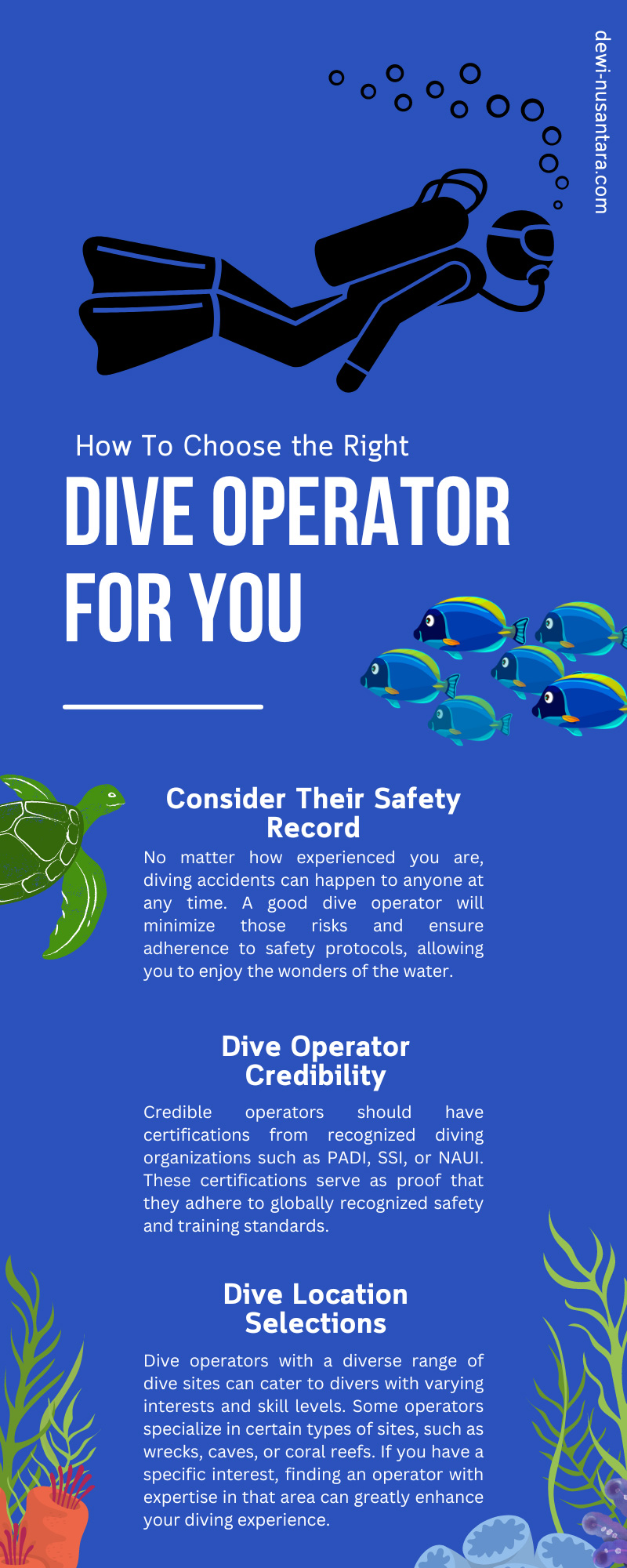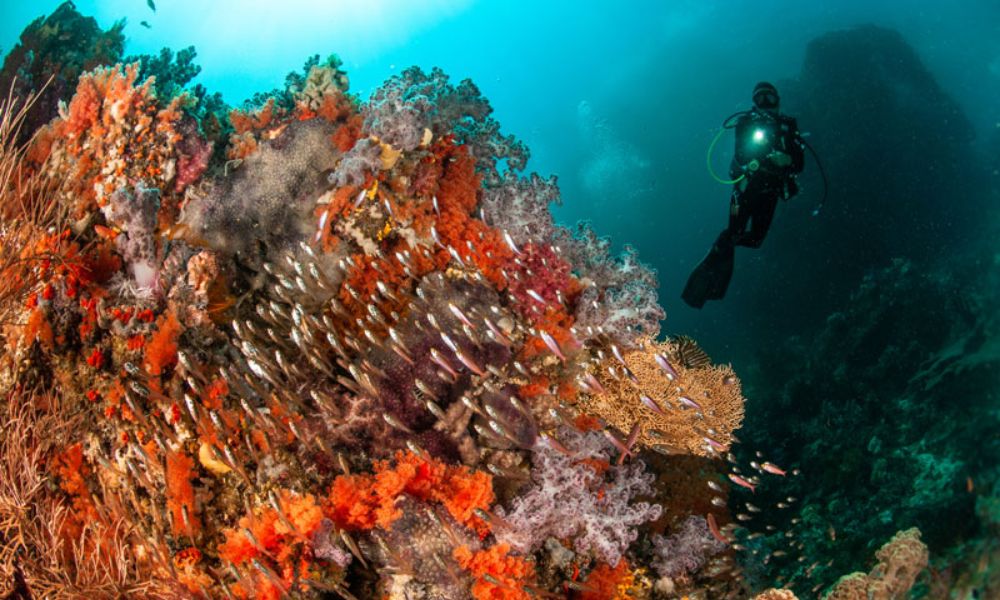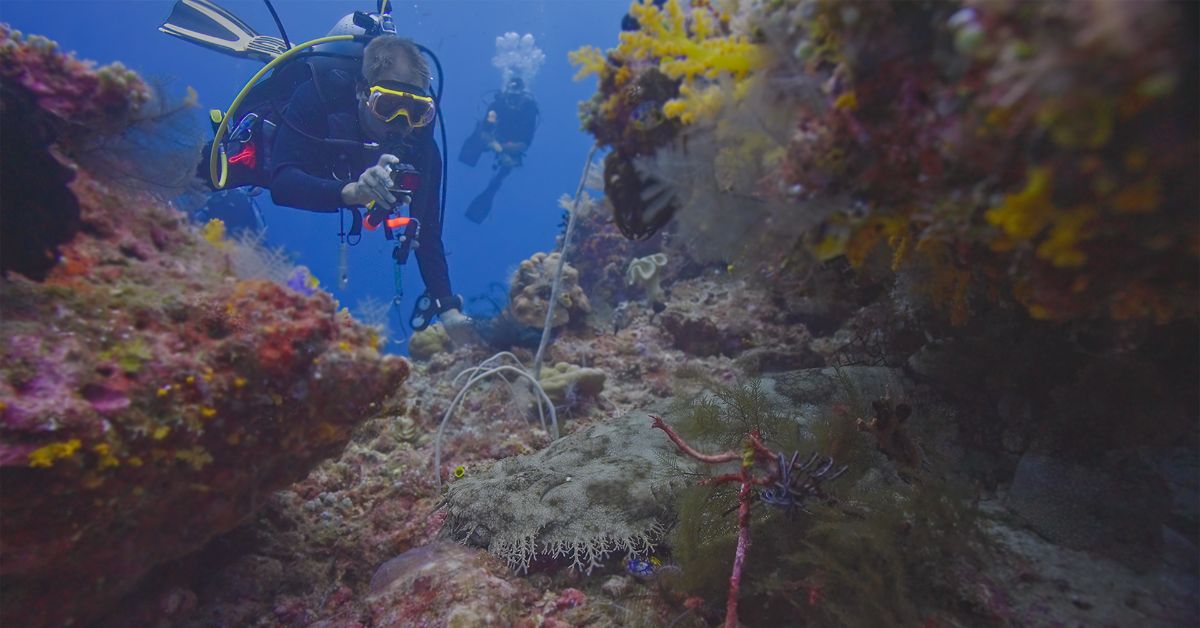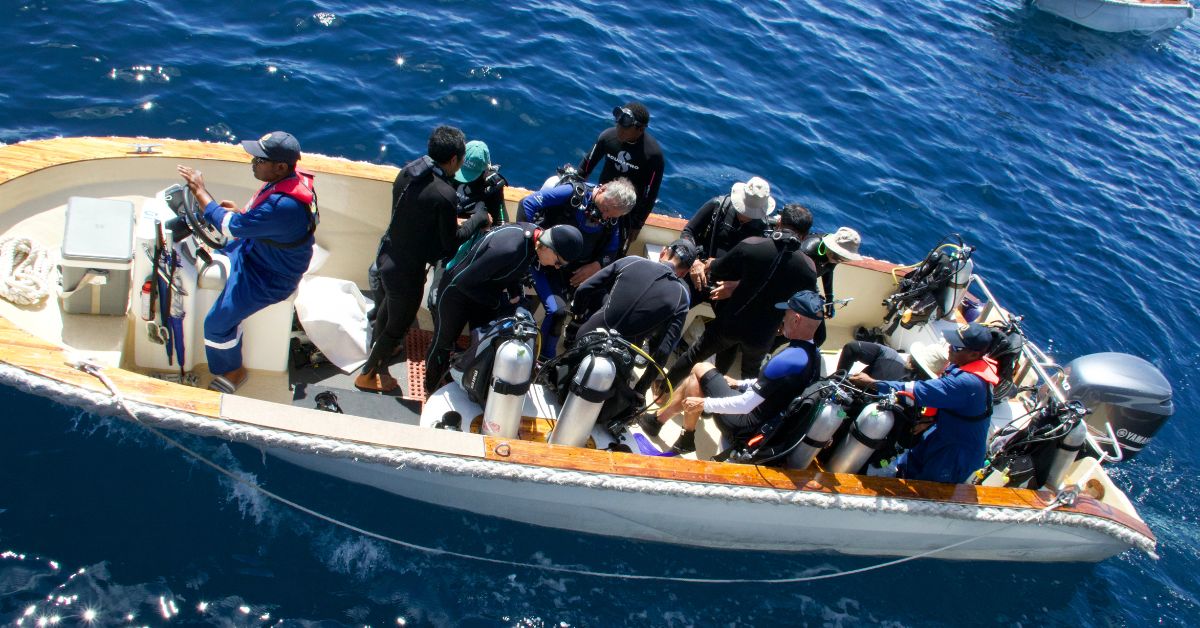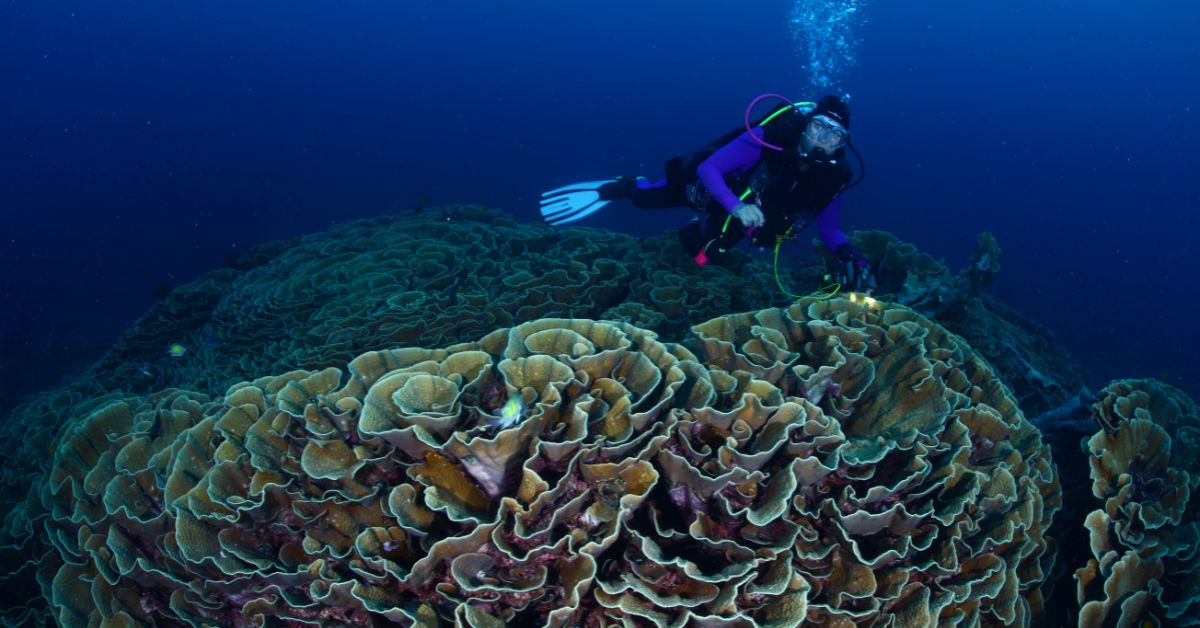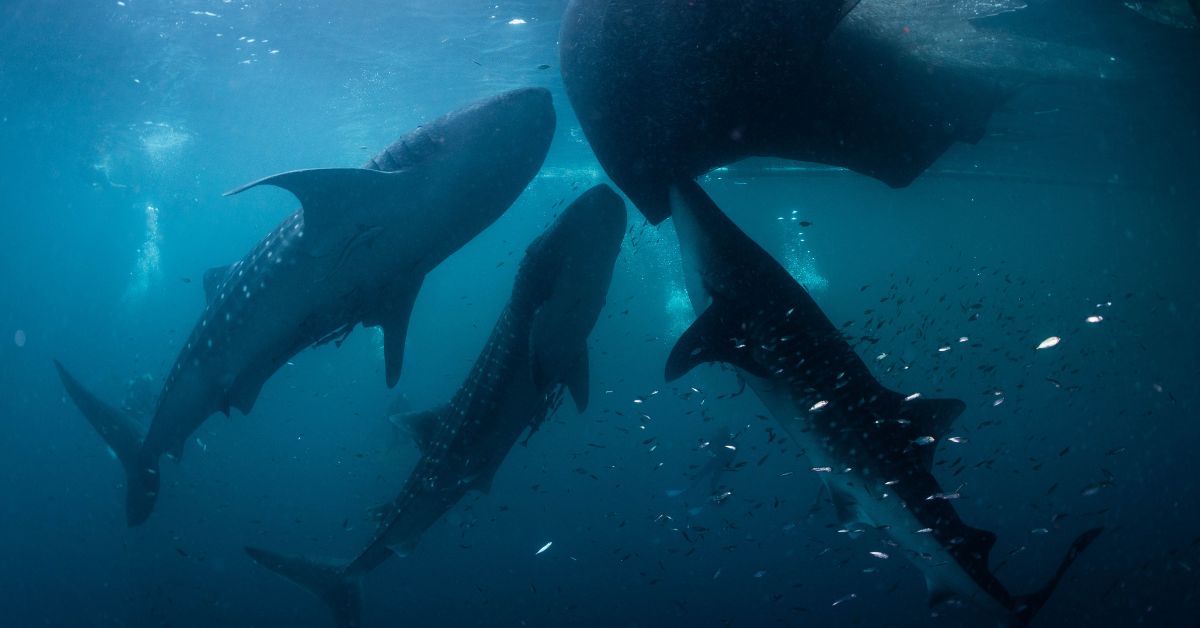Diving operators are the orchestrators of diving experiences. They organize, facilitate, and ensure the smooth execution of every dive. Their expertise extends from logistical planning to safety regulations and environmental education. They’re not simply guides—operators are educators, stewards, and facilitators who transform a dive from a mere underwater trip into an unforgettable journey of discovery and learning.
With such influence over diving expedition experiences, choosing the right diving operator is imperative. Don’t miss out on valuable diving experiences by selecting the wrong operator. Discover how to choose the right dive operator for you.
Consider Their Safety Record
Diving deep into the blue waters exposes you to marvelous and colorful ecosystems and marine life. You get the opportunity to swim beside elegant creatures, from manta rays, the ballet dancers of the sea, to ancient mariners such as sea turtles. However, it’s no secret that diving into the beautiful underwater world also comes with risks.
No matter how experienced you are, diving accidents can happen to anyone at any time. A good dive operator will minimize those risks and ensure adherence to safety protocols, allowing you to enjoy the wonders of the water.
You can explore a dive operator’s safety record in myriad ways, including the following.
Past Expeditions
A dive operator’s past safety records can reveal if there have been any past incidents or accidents during their dives. Frequent or serious incidents could indicate lax safety measures, poor equipment maintenance, or inadequate leadership.
Divemaster Selections
Dive operators play a significant role in the selection of divemasters—professional divers who lead and guide other divers during their underwater adventures. A divemaster’s skills, experience, and understanding of safety protocols directly impact the safety and enjoyment of the divers. Reliable dive operators often employ a rigorous selection process to choose the right divemasters and guarantee heightened safety in the waters.
Equipment Maintenance
A dive operator’s commitment to safety will also be visible in their use of high-quality, well-maintained equipment. Equipment malfunctions are among the top reasons for diving incidents. The best diving operators make sure the equipment they provide is in top shape and functioning as intended.
Safety Protocols
Dive operators actively contribute to designing safety protocols that are instrumental in ensuring the well-being of divers. While these protocols adhere to the guidelines set by international diving associations such as PADI, SSI, or NAUI, dive operators customize them to fit the specific conditions of their operations.
The design of safety protocols typically includes defining the pre-dive procedures such as equipment checks, site briefings, and buddy checks. The operator might also establish specific protocols for controlling ascent and descent rates, maintaining depth limits, and managing air consumption.
A dive operator’s emergency protocols for rapid ascents or loss of air supply and general safety practices provide insight into the dive operator’s credibility and the safety of their dives.
Dive Operator Credibility
When evaluating dive operators, their credibility should be a top consideration. One of the most straightforward ways to assess credibility is by looking at their certifications and affiliations. Credible operators should have certifications from recognized diving organizations such as PADI, SSI, or NAUI. These certifications serve as proof that they adhere to globally recognized safety and training standards. Beyond certifications, credible dive operators also have years of experience in hosting and managing diving expeditions.
Diving Group Size
Different dive operators offer varying types of diving experiences. A dive’s group size plays an influential role in the type of dive an operator presents. Smaller dive groups allow for a higher level of personalized attention from divemasters, ensuring that divemasters can address each diver’s needs and safety. Small dive groups also allow for more efficient communication, both above and below the water. This increased communication can lead to quicker response times in an emergency, enhancing overall safety. Smaller groups further enhance diving experiences by minimizing the impact on marine life and their habitats, aligning with responsible and eco-friendly diving practices. However, small dive groups are also often first-come, first-served.
Larger dive groups, on the other hand, offer the potential for a more diverse and social experience. In a larger group, divers can interact with multiple individuals from different backgrounds and with varying levels of diving experience. They make dive trips a more social and community experience involving enriching conversations, shared experiences, and the opportunity to learn from one another. However, large groups also translate to crowded dive sites and less personal attention. Knowing what kind of group sizes your dive operator hosts affects the type of diving adventure you embark on.
Environmental Stewardship
Sustainable diving practices are the key to maintaining crystal clear waters, thriving marine life, and vibrant ecosystems. An ideal dive operator showcases environmental stewardship. Dive operators with strong environmental ethics design their dive sites, routes, and protocols to minimize the impact on marine life. They take care to avoid certain areas during sensitive periods, such as breeding seasons, or limit the number of dives in a specific area to prevent overuse. Dive operators who demonstrate a commitment to environmental conservation will align with core diving values and guarantee dives that respect, protect, and appreciate the underwater world.
Dive Location Selections
Choosing diving destinations is one of the main responsibilities of a diving operator. The ideal dive operator will have a lineup of excellent dive sites and comprehensive knowledge of each area, from its water currents to its potential dangers.
Dive operators with a diverse range of dive sites can cater to divers with varying interests and skill levels. Some operators specialize in certain types of sites, such as wrecks, caves, or coral reefs. If you have a specific interest, finding an operator with expertise in that area can greatly enhance your diving experience. Knowing what diving locations a diving operator specializes in is an important, influential factor in your decision-making.
Comprehensive Services
Dive operators with comprehensive services make your diving trip hassle-free. They cover the main equipment rentals, transportation, and accommodations. The more logistics planned out by the dive operator, the better.
Choosing the right dive operator can distinguish between a good dive and a great one. By considering these factors, you can ensure a memorable and safe diving experience.
Dewi Nusantara’s dive operators offer qualified expertise, years of experience, enhanced safety protocols, well-trained divemasters, diverse dive sites, sustainable diving practices, and comprehensive services. We offer an array of diving experiences around the Indonesian waters. Our Ambon liveaboard is a testament to one of the many great diving ventures we, as dive operators, offer. Explore our diving operations and choose Dewi Nusantara as your dive operator!
